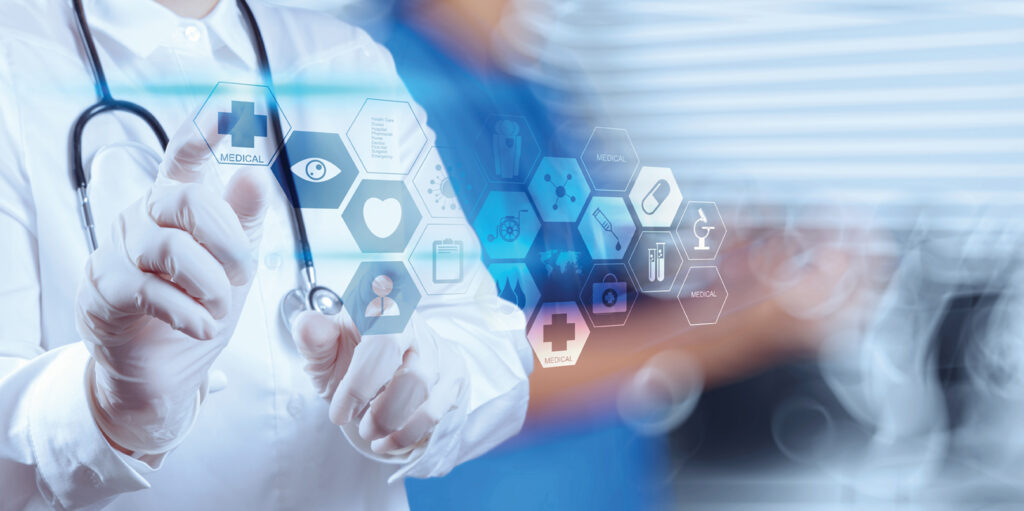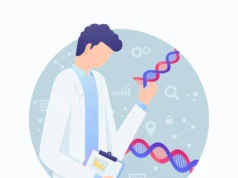As the world progresses, so does the field of medicine. Today, there are several cutting-edge treatments and technologies that are changing the face of healthcare. From 3D-printed organs to robotic surgery, modern medicine is making incredible strides. Keep reading to learn more about how modern medicine is changing the face of healthcare.
How is modern medicine changing the face of healthcare?
Modern medical treatments are constantly evolving and improving, changing the face of healthcare. New drugs and medical devices are being developed all the time, helping to improve patient outcomes. In addition, treatments that were once only available in hospitals or specialist clinics can now be administered in primary care settings, thanks to technological advances. This means that patients can receive treatment closer to home, which can be more cost-effective and convenient.
Another trend shaping modern healthcare is the increasing use of data and analytics. Healthcare providers can now collect large amounts of data about their patients, identifying trends and targeting interventions. This information can also be used to measure the effectiveness of treatments and help to improve patient care.
With technology, physicians can now diagnose and treat patients remotely. Patients can also receive care from specialists without having to travel long distances. In addition, technology is also making it easier for patients to access their medical records. Patients can now view their records online or on their mobile devices.
How can you work in the healthcare industry?

If you want to work in the healthcare industry, consider getting a master’s degree. Health economics masters programs focus on applying economic analysis to health and healthcare. The goal is to understand how healthcare decisions are made and how they can be improved. Graduates of health economics programs are well-equipped to work in a wide range of roles within the healthcare sector. They may find jobs in government agencies, non-profit organizations, consulting firms, or private companies. Alternatively, they may pursue doctoral studies in health economics or a related field.
How has the growth of telemedicine changed healthcare?
Telemedicine is a relatively new term for using technology to provide medical care from a distance. It has been used for many years in other industries, such as aviation and banking, but it’s only recently that its use has expanded into the healthcare field.
One of the most significant changes in modern medicine is how prescriptions are renewed. In the past, patients typically had to see their doctor in person to get a new prescription. This could be difficult for those who lived far from their doctor or could not take time off work. With advances in technology, however, it’s now possible to renew prescriptions online. This has become the safest way to renew a prescription for those that can’t see an in-person doctor, and its convenience allows patients to get a new prescription from a doctor without having to leave home. It can also improve the quality of care by allowing doctors to consult experts about difficult cases. And it can also save money by reducing the need for people to travel long distances for medical care.
What is the growing importance of big data in healthcare?

The healthcare industry is evolving rapidly, thanks in part to the growing importance of big data. The use of big data allows healthcare providers to track patient outcomes and identify patterns that can improve care. In addition, big data can help providers reduce costs by identifying areas where they can save money.
Big data has also been instrumental in the development of new medical technologies. The use of big data helped researchers develop a blood test for ovarian cancer that is now being used to screen women for the disease. Big data is also being used to develop new treatments for cancer and diabetes.
Healthcare providers are also beginning to use machine learning to analyze big data. Machine learning algorithms can sift through large amounts of data to identify trends and patterns that would be difficult for humans to detect.
Modern medicine is helping to make healthcare more efficient and effective for everyone involved. Patients benefit from improved treatments and access to care, while healthcare providers can use data analytics to provide a better standard of care.







